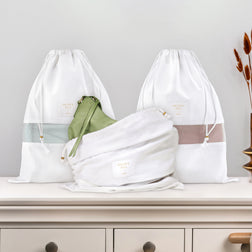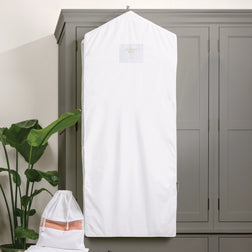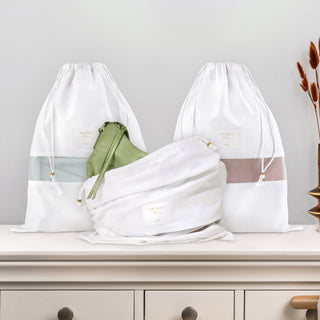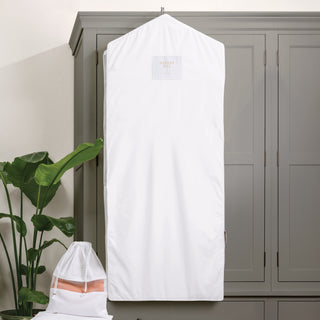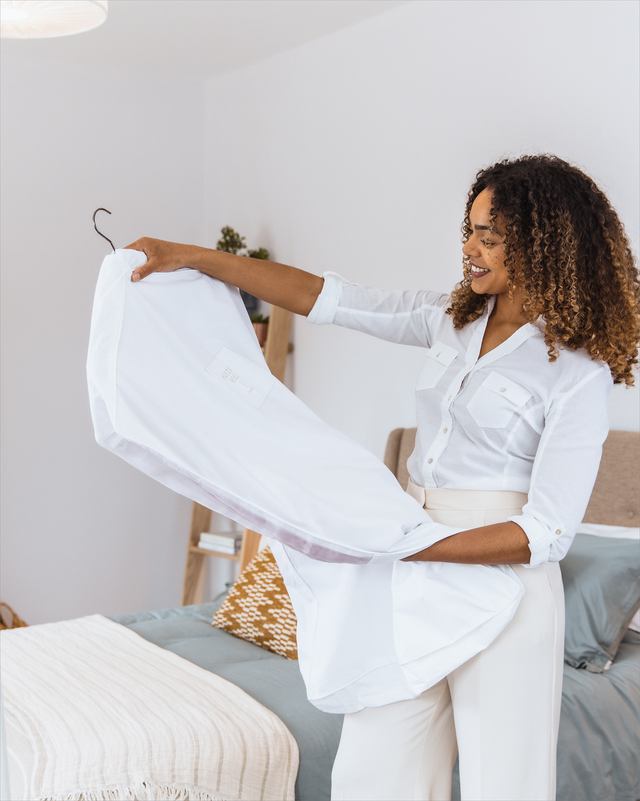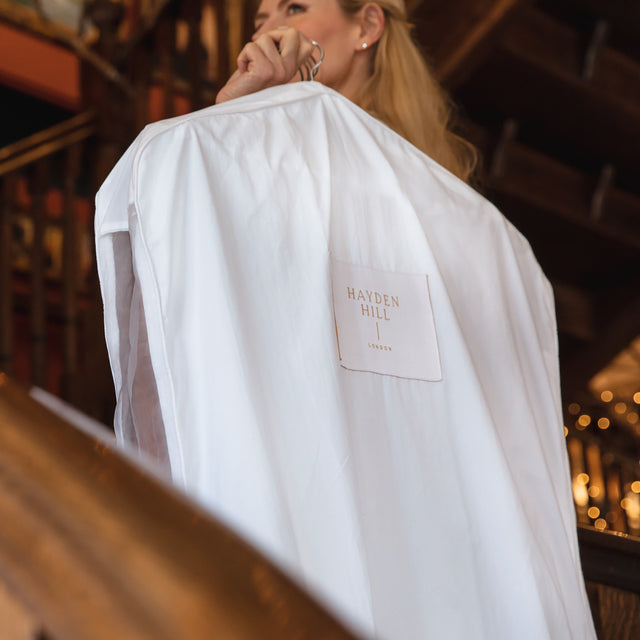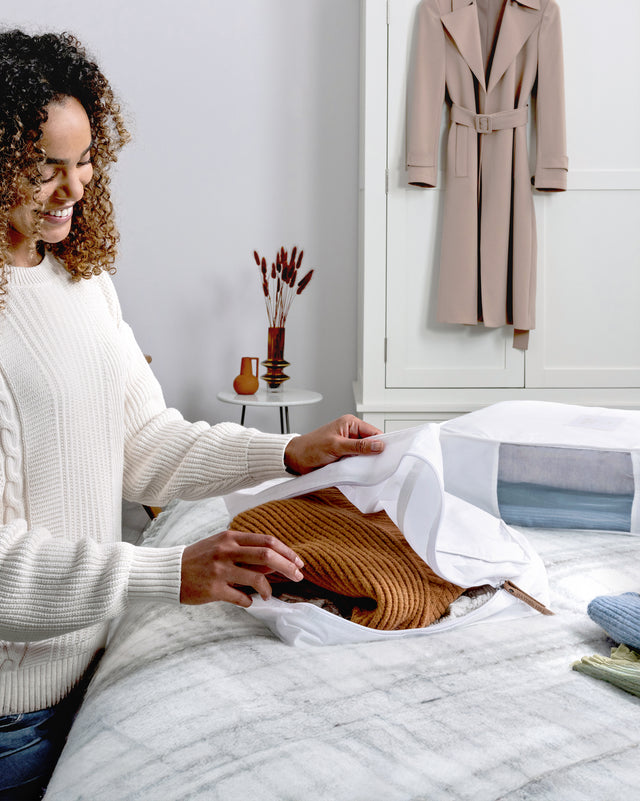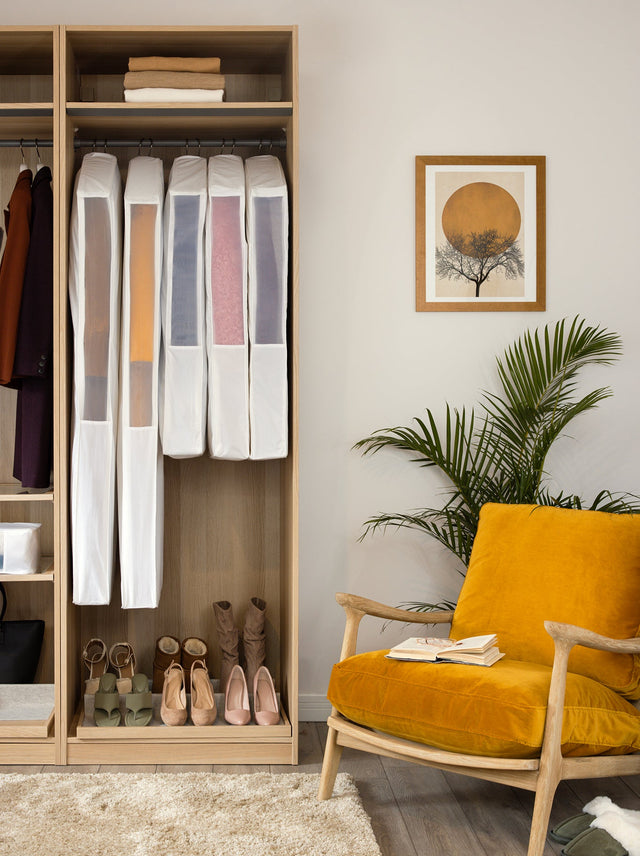Depending on the type of shoe you are trying to break in, you can choose between heating the material, freezing and expanding the interior, or any of the other methods listed above. Experiment with these methods to find what works best for you, so you don’t have to wear uncomfortable new shoes again.
Renowned shoe designer Christian Louboutin said, “I would hate for someone to look at my shoes and say, ‘Oh my God! They look so comfortable!’”
The best of both worlds is for a shoe to be beautiful and comfortable. But that’s usually only possible if a shoe has been broken in. Otherwise, you wear the beautiful shoes all day, only to find yourself hobbling at day’s end, longing for the moment you can take them off.
Avoid that pain by reading these tips that will help you break in a pair of shoes easily and quickly.
How Long Does It Take To Break In Shoes?
The time it takes to break in a pair of shoes depends on a couple of factors, including the style of the shoe, sole, the fit, and your gait. The quality of the shoe also plays a role. Generally, shoes can take 3 to 4 weeks to break in, but your shoes will start to loosen up faster if you work with them a little more.
Keep this time period in mind and plan ahead if you have purchased a pair of shoes for a particular event, such as a wedding, athletic event, or an occasion that requires a lot of walking.
The 6 Easiest Ways to Break in Your Shoes
New shoes can be uncomfortable and cause blisters if you wear them without breaking them in. If you want to avoid blisters, chafing, soreness, and heel pain, then you are going to want to try these methods for breaking in your shoes:
1. Wear Chunky Socks
Walk around your house with your new shoes while wearing your thick socks (or several layered pairs). There are a couple of reasons why this works. First, the thick socks create a padding between your foot and the tight heels, boots, or sneakers. This means you can spend more time walking around in your shoes. Secondly, the bulk of the chunky socks will start stretching out the shoes.
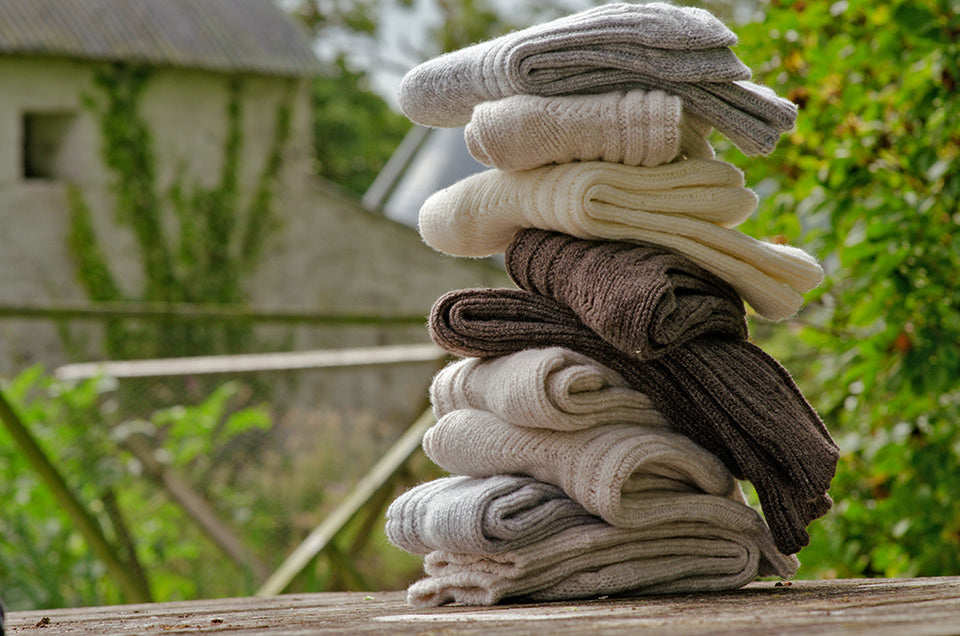
After doing this for a few days for about 10 minutes at a time, you will notice the shoes start to loosen up and become more comfortable. Gradually start to decrease the thickness of the socks, so you slowly adjust to wearing the shoes by themselves.
2. Break in Shoes with Ice
Another option for sneakers, boots, and loafers is the ice method. As you know, water expands as it freezes and becomes ice, and this scientific process can be used to break in shoes:
- Get two resealable freezer bags, and fill them halfway with water. The size of the bags can range from snack size to sandwich size. The bags need to be small enough to fit inside the shoes but large enough to expand and exert pressure on the shoe.
- Seal the bags and ensure that as much air as possible has been removed.
- Place the bags inside your shoes.
- Next, grab a larger freezer bag that can fit both of your shoes. If you don’t have a bag that fits both, you can put each shoe in its own individual bags. The bag is meant to protect the shoes from any moisture in the freezer.
- Seal the larger bag then put it into the freezer for about 4-5 hours. During this time, the water will freeze, expand, and stretch out the shoes.
- Remove the shoes from the bag and let the water thaw a bit. Try the shoes on to see if they have broken in a little. You can repeat this process if needed.
The most important thing to keep in mind is that the shoes will get slightly wet, so you want to do this with shoes that are water-resistant or waterproof. Nylon or mesh running shoes, for instance, are a shoe that works well with this method. Any shoes that are made of suede or leather should be excluded from this method.
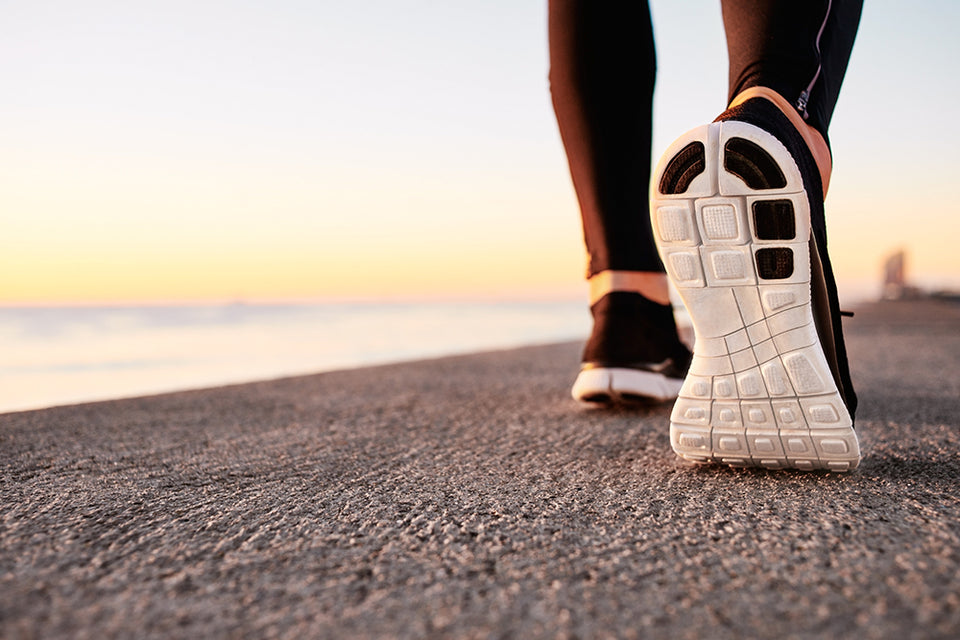
3. Heat Up Your Shoes
You can break in dress shoes, leather pumps, leather boots, and suede flats using heat.
Yes, that’s right. Leather and similar materials expand and stretch out when exposed to heat. All you need is a blow dryer and these instructions:
- Put on a pair of socks then slip on your shoes. Take note of the places where the shoes are tightest on your feet.
- Turn on your blow dryer and switch it to the hottest setting. Hold the hot air at a tight spot about 8-10 inches away from the leather or material. Wait about 20-30 seconds before moving onto the next spot.
- Work around the shoes, heating the soles and relieving any tightness. You can return to any spots that continue to feel restrictive.
- Once you have adequately warmed up the shoes, stand up and start walking around your house for about 10-15 minutes.
The shoes should feel a little less tight around your foot. Any parts that don’t feel comfortable can be reheated and stretched out again.
4. Bend and Twist
Do you have a pair of shoes that rub the back of your heels or feel too stiff? There is a quick way to soften the hard materials inside the shoe that could be creating the friction. Heat the shoe with either a blow dryer or by wearing them around the house for a little bit. Once the shoes feel warm, take your shoe off, and grab the front and back of the shoe. Twist the shoe, particularly around the heel, if that is where you’re getting blisters.
You may not always experience immediate results using this method, but the material will stretch and soften over time. Keep in mind not to overdo the twisting and bending. Do it gently—just a couple of minutes a few times a week.
5. Protect Your Feet with Moleskin
If you have to wear slightly tight shoes right away, it can be frustrating, because there is a chance you will get blisters. Moleskin can help you simultaneously wear and break in those shoes.
Moleskin is a kind of cotton that can adhere to the inside of your shoe and shield your feet from harm. All you have to do is cut the moleskin to wrap around your heel. Then stick the moleskin along the sides of the shoe, wherever it is rubbing. You can wear your shoes more comfortably, so your shoes will be able to break in naturally.
Keep in mind that moleskin only works on slightly tight shoes, not extremely tight ones.
6. Shape the Insoles with a Spoon
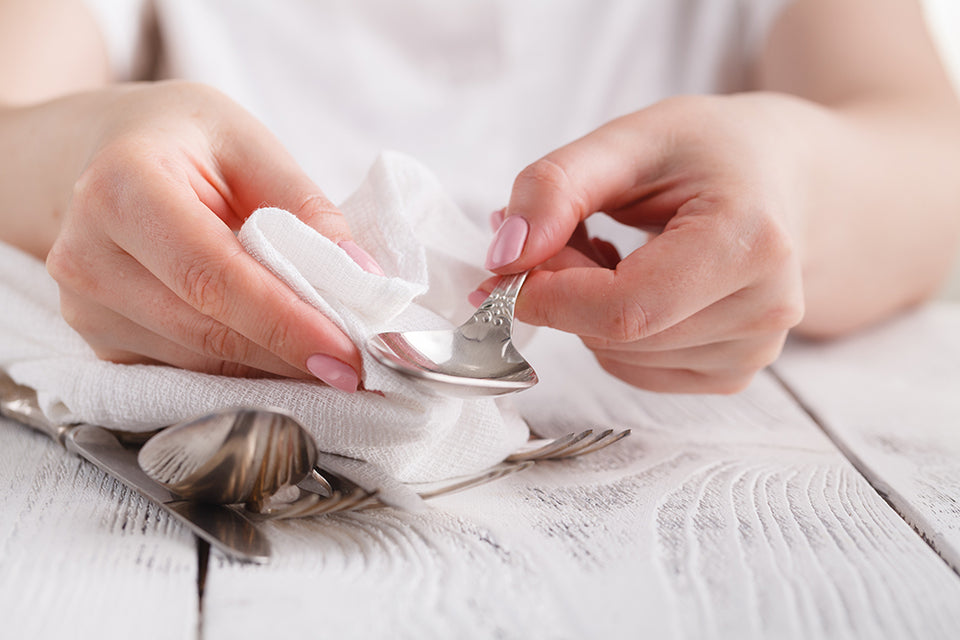
For flats and sneakers, pressing a spoon into the inside of the shoe can help. Press the spoon into the shoe, mimicking the motion you would make as you walk. In other words, heel to middle of the foot to the ball. Go up and down the insole of the sneaker or flat a couple of times. This method saves your feet from having to endure walking around, since the spoon is doing the work.
If you want to make this spoon method work a little faster, you can combine this with the blow dryer method. Heat the tight sections of the shoe then press the spoon into it.
FAQs
How long do shoes take to break in?
Depending on the fit of the shoe, quality, and how often the shoe is used, your shoes may take 3 to 4 weeks to break in. However, some shoes tend to break in sooner, especially if you use heat or freezing to break in your footwear.
How do you break in tight shoes?
Put on a pair of thick socks or layer several pairs of thin socks then squeeze your feet into the shoes. While this might be uncomfortable, it’s necessary. Next, using a hairdryer, apply heat to the outside of the shoe. Blow the heat for about 30 seconds in places where the shoes are the most tight. Slowly repeat until the shoes begin to loosen.
Do shoes actually break in?
Yes, shoes do break in. Within the first couple of days of wearing shoes, they will start to loosen up. However, all shoes need some time to break in and become more comfortable.
How do you break in shoes in a week?
Although it may be uncomfortable, the best way to break in shoes within a week is to wear them all the time. In the beginning, wear the shoes for about 10 minutes at a time. Walk around, climb steps, and try other activities. Other methods to break the shoes in quickly include heating the shoes with a hair dryer or stuffing them with water-filled bags and freezing them. Manually stretching out your shoes can also help break them in more quickly.
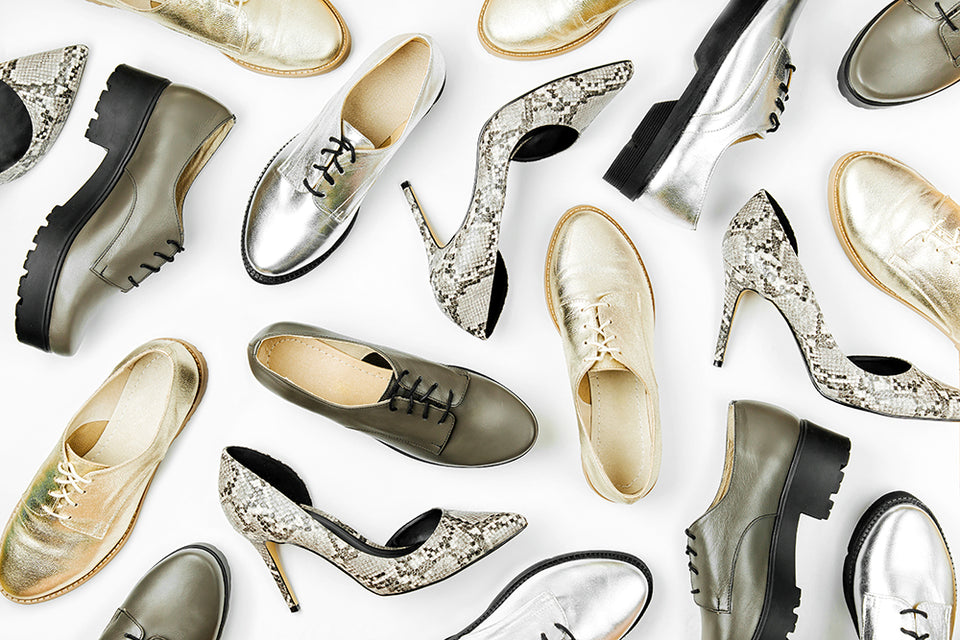
Now you know how to break in shoes quickly and easily. Depending on the type of shoe you are trying to break in, you can choose between heating the material, freezing and expanding the interior, or any of the other methods listed above. Experiment with these methods to find what works best for you, so you don’t have to wear uncomfortable new shoes again.
